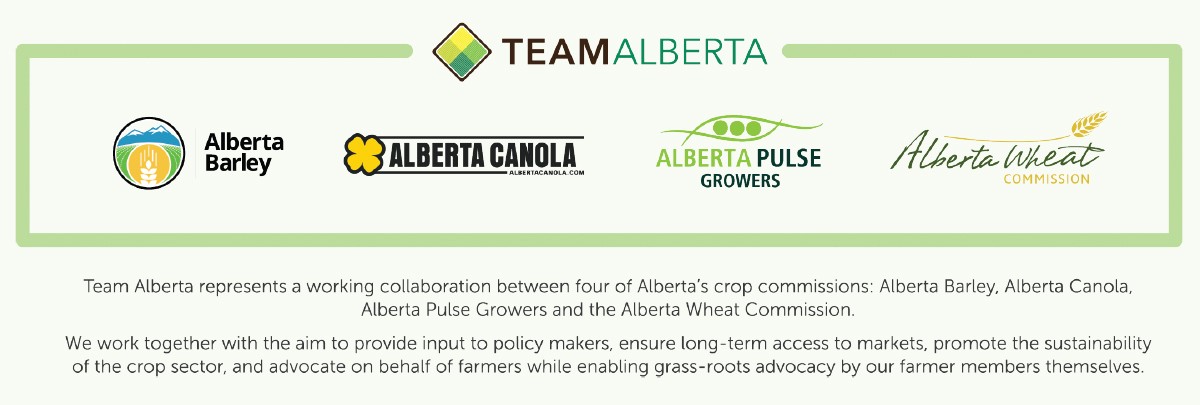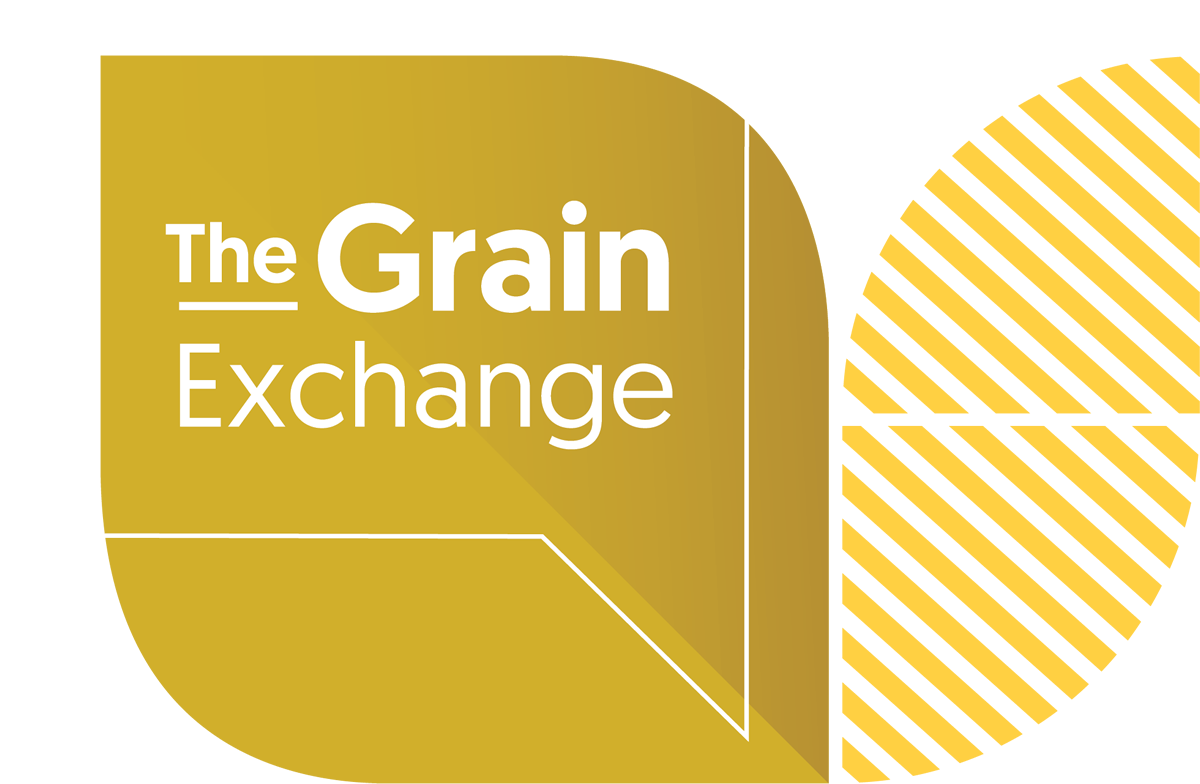Policy Tracker
PMRA re-evaluation decisions favourable for farmers
On March 31, 2021 the Pest Management Regulatory Agency (PMRA) of Health Canada released their final decision on two neonicotinoid pesticides, thiamethoxam and clothianidin, which are widely used in seed treatments by wheat and barley farmers to combat damage caused by wireworms. The PMRA determined that the neonicotinoid insecticides when used as a seed treatment, and in other instances, are not a threat to aquatic insects. This is a reversal of the 2018 proposed decision of the PMRA to phase out all agricultural uses of these products. This re-evaluation decision is very favourable for farmers who will retain these important innovative tools for integrated pest management on their operations. Thiamethoxam is the active ingredient found in products such as Cruiser 5F5, Cruiser Max and Helix. Clothianidin is the active ingredient in products such as Valent, Poncho and Prosper.
Supreme court rules in favour of federal carbon price regime
On March 25, 2021 the Supreme Court of Canada ruled that the federal Liberal government’s carbon pricing regime is constitutional. Alberta was amongst the provinces who opposed the carbon tax, arguing that under the Constitution, natural resources are within the purview of the province. Currently, Alberta has been operating with the federal tax in place under the federal backstop which has been imposed on provinces who fail to have their own plans approved by the federal government. The federal price on carbon is expected to rise to $170 per metric tonne by 2030. Alberta Premier Jason Kenney, pledged to consult Albertans on the next steps with the goal of minimizing costs and impacts on trade-exposed industries that must compete globally, while ensuring that Alberta reduces emissions responsibly. In February, Alberta Environment and Parks began consultations on Alberta’s Climate Approach which included targeted conversations around technology and bio-based policy solutions including agriculture. The Alberta Wheat and Barley Commissions, as part of Team Alberta, have been active in these conversations. You can find our joint submission at teamalbertacrops.com.
Federal initiatives promise relief from carbon pricing for farmers
Bill C-206 a private member’s bill put forth by MP Phillip Lawrence has made it through second reading in the House of Commons and is currently being studied by the Standing Committee on Agriculture and Agri-Food Canada. Bill C-206 would introduce the much-welcomed exemption to qualifying farming fuel for grain drying operations under the federal back stop currently in place in Alberta. Farmers are exposed to escalating costs associated with grain drying as the price on carbon is rising annually to an
eventual $170 per metric tonne by 2030. A three-year study on grain drying being undertaken by Team Alberta shows that drying costs will increase by more than 100 per cent by 2030. Some on-farm estimates show that the carbon tax on the cost of drying grain will exceed the cost of fuel by this year with the carbon tax at $40 per metric tonne. The exemption is necessary for farmers who have extremely limited technological options or substitutes for grain conditioning systems on farm to protect the storage quality and marketability of grains. The year-two results of the grain drying study can be found at teamalbertacrops.com. Other relief promised by the federal government in the 2021 budget includes an allocation of $100 million as a return to farmers due to the increased production costs from the carbon pricing. This will apply to farmers in backstop jurisdictions, including Alberta. Payments are expected to start in 2021-22 and increase over time as the price on pollution in Canada rises (there are no details
at the time of writing (May 13) on how this rebate will be administered). The budget also promised funding to the Agricultural Clean Technology program that will prioritize $50 million to help farmers with the purchases of more fuel-efficient grain dryers across the country. Implementation is yet to be determined.
Changes to business risk management programs
Federal, provincial and territorial agriculture ministers gathered in March of this year to come to an agreement on short-term changes to the AgriStability program that will see the reference margin limit removed retroactive to the 2020 program year. The deadline for farmers to enroll in the 2021 program year has been extended to June 30, 2021. The change is meant to help simplify the program and increase the level of support for agricultural operations with lower allowable expenses. This will bring $95 million in further funding through AgriStability nationally, making the program more equitable and predictable for crop sector farmers. Farm groups including the Alberta Wheat and Barley Commissions advocated for accepting further changes proposed by the federal government which included an increase in the compensation rate from 70 to 80
per cent, however agreement from all parties on these changes could not be reached. Federal and provincial governments continue to work toward long-term programs to improve or replace AgriStability for the next policy framework which comes into effect in early April of 2023. The federal government has floated three proposed models, in addition to a whole farm insurance-based model being proposed by the provincial government. Consultations on new programs will begin shortly. More information on the recent changes to AgriStability can be found at www.afsc.ca.
"Federal, provincial and territorial agriculture ministers gathered in March of this year to come to an agreement on short-term changes to the AgriStability program that will see the reference margin limit removed retroactive to the 2020 program year."


